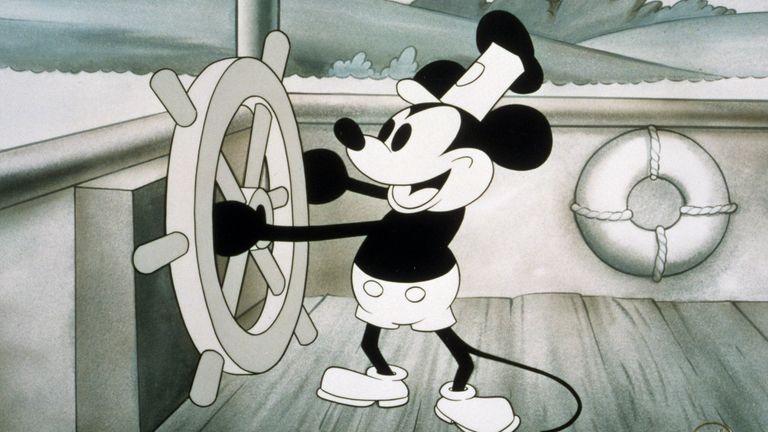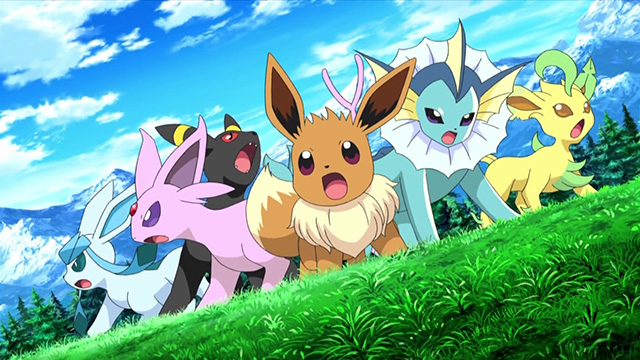In a seismic shift for pop culture’s most beloved character, Mickey Mouse, an early version of the iconic rodent is set to lose copyright protection in 2024. The ramifications of this change will open the floodgates for public use of the mischievous, rat-like Mickey and Minnie Mouse featured in their 1928 debut, Steamboat Willie. This significant development stems from the expiration of copyright, as US law allows a 95-year duration, presenting a new era for the beloved mouse.
Termed sometimes derisively as the “Mickey Mouse Protection Act,” the 95-year copyright span has faced extensions from Congress over the years. Professor Jennifer Jenkins, a law expert, emphasizes that the extension wasn’t solely Disney’s push but a collective effort by various copyright holders. As the copyright curtain lifts, the public gains access to the 1928 Steamboat Willie versions of Mickey and Minnie Mouse, symbolizing a shift in the landscape of intellectual property.
Professor Jenkins describes the impending change as “exciting” and “symbolic.” With the expiration of the Steamboat Willie copyright, the more mischievous, rat-like Mickey takes center stage, a character steeped in nostalgia. It marks a transformative moment where the iconic figure, like the steamboat’s smoke, releases into the public domain, offering new creative possibilities and interpretations.
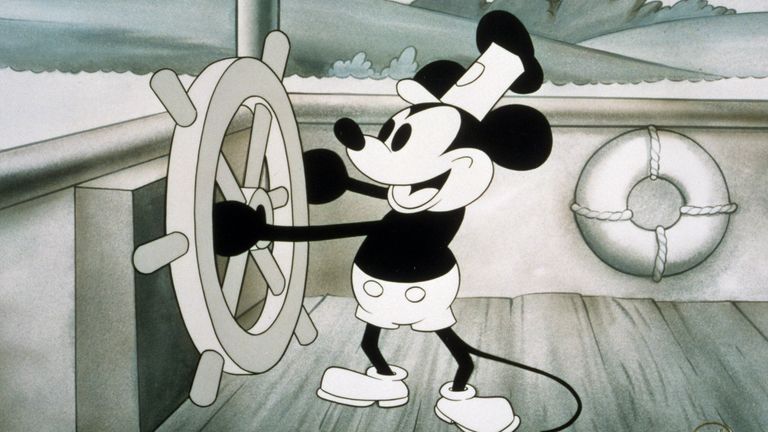
Disney, recognizing the cultural association between Mickey Mouse and its storytelling legacy, assures that the expiration of Steamboat Willie’s copyright won’t alter the character’s significance. The more modern iterations of Mickey will remain untouched, maintaining his role as a global ambassador for Disney. The company pledges to protect its rights over the contemporary versions and other copyrighted works, ensuring the enduring presence of Mickey in Disney’s extensive repertoire.
As the copyright landscape shifts, not every feature or trait of a character is necessarily copyrightable. Courts may grapple with determining what falls within Disney’s ownership. It’s crucial to note that Disney also holds a separate trademark on Mickey as a corporate mascot and brand identifier. Legal constraints forbid deceptive use, preventing the character from misleading consumers about the product’s origin.
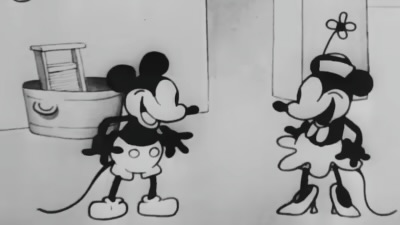
Directed by Walt Disney and Ub Iwerks, Steamboat Willie marked a pioneering moment in animation, being one of the first cartoons to synchronize sound with visuals. Despite its menacing portrayal of Mickey as a boat captain, the film holds historical significance as a cornerstone in the evolution of animated storytelling. Its impact is enduring, and the expiration of its copyright symbolizes a turning point in the narrative of Mickey Mouse.
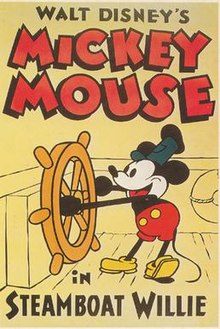
As the copyright clock ticks down for the early version of Mickey Mouse featured in Steamboat Willie, a new chapter unfolds in the legacy of this cultural icon. The public gains access to a vintage, mischievous Mickey, evoking a sense of nostalgia and providing a canvas for creative reinterpretation. While Disney remains steadfast in protecting its modern iterations, the expiration of Steamboat Willie’s copyright opens a door to exploration, innovation, and a broader cultural dialogue around this timeless character.

